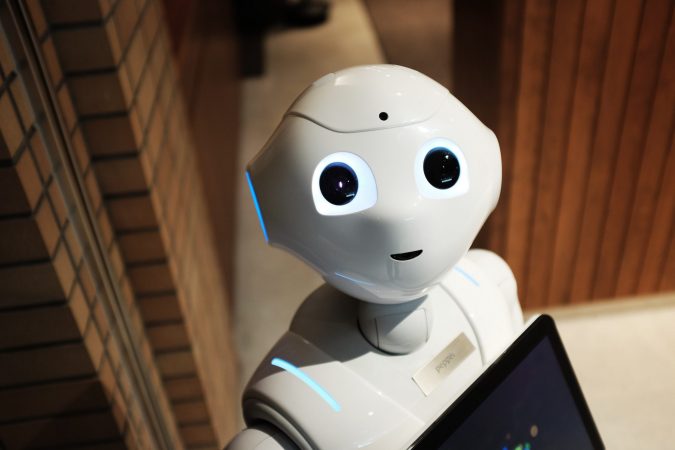
Robotic Process Automation (RPA) bots can do the same types of things that humans can do on a computer. A bot can read, click, type, enter information, bring information from one program or application or website to another. The difference between the human employee and the bot is that the bot does it better.
What does ‘better’ mean? The thing about bots is that they are immune to the crisis and upheavals that affect people. COVID means nothing to a bot! Not only will a bot process data far quicker than a human ever could, but they can also run 24/7. 24 hours a day, 365 days a year and they don’t take coffee breaks or comfort breaks! As well as being incredibly efficient at processing data, they are accurate – a bot will never make a mistake typing data. You can include steps for your bot to pick up on data that has been provided that has errors, but the bot itself will run the process as directed. EXACTLY as directed. 100% accuracy EVERY time. Bots never get ill, they don’t take holidays. Bots are utterly reliable. Bots can scale up or down as demand fluctuates.
So – yes – bots are ‘better’. But what bots don’t do is the stuff that humans are truly great at – storytelling, creating plans and strategies, interviewing people, building relationships – any task that requires creativity or ingenuity or intervention. RPA is not about getting rid of human workers; it is about liberating humans from mind-numbing repetitive tasks that really do not make the best use of their intellect. The solution is not RPA. The way forward is not RPA. The way forward is RPA alongside human employees working towards a wider transformation.
What the future holds is this combination of human workers and digital workers or bots. The bots will handle processes such as service ticketing, document processing (including customer forms and applications), contact center operations, order processing, data allocation and reporting, and customer data management, data validation and checks. Humans will size up opportunities, plan and drive improvements, build client relationships, engage in complex problem-solving, attend to the nuances that are part of any business and so on.
Gartner expects that by 2023, organisations will be relying on tools such RPA to run a full 25% more tasks autonomously and Deloitte projects that RPA will hit nearly universal adoption in the business world over the next few years. Now is the time to get ready for the biggest transformation to workplaces in the near future!

Eileen O’Mahony | General Manager | WM Promus
To learn more about WM Promus, visit their website here
Read more articles from Modern Law Magazine here




